In an ambitious move aimed at addressing the housing needs of its population, the Maharashtra government has allocated a substantial ₹7425 crore for the construction of 35 lakh affordable homes over the next five years. This initiative, detailed in the Interim Budget for 2024-2025 presented by Finance Minister Ajit Pawar, seeks to provide housing through various schemes, prominently featuring the Pradhan Mantri Awas Yojana (PMAY).
Major Housing Schemes and Targets
The target of 35 lakh homes will be achieved through multiple housing schemes. The Pradhan Mantri Awas Yojana, along with other state-specific programs like the Ramai Awas Yojana, Shabri, Pardhi and Adim Awas Yojana, Modi Awas Yojana, Yashwantrao Chavan Mukt Vasahat Yojana, and Punyashlok Ahilya Devi Holkar Gharkul Yojana, form the backbone of this ambitious housing agenda. Together, these schemes are designed to cater to diverse sections of society, ensuring broad accessibility to affordable housing.
The Maharashtra government’s alignment with PMAY signifies its commitment to leveraging central assistance to meet its housing goals. Meanwhile, state-specific schemes like the Ramai Awas Yojana cater specifically to scheduled castes and tribes, ensuring that marginalized communities also benefit from housing development initiatives.
Budget Allocation and Financial Provisions
The budget has earmarked ₹7425 crore specifically for these housing initiatives. This significant financial commitment underscores the government’s determination to tackle the housing shortage and provide decent living conditions for its citizens. The allocation is expected to cover various aspects of the construction process, including land acquisition, development of infrastructure, and subsidies for homebuyers.
Land acquisition is often one of the most challenging aspects of large-scale housing projects. By allocating funds for this purpose, the government aims to streamline the process, reducing delays and ensuring that construction can proceed as planned. Additionally, the development of necessary infrastructure, such as roads, water supply, and sewage systems, is crucial for making these housing projects viable and sustainable in the long term.
Concessions and Benefits for Homebuyers
One of the notable features of the budget is the continuation of concessions for women homebuyers. The Maharashtra government provides a 1% stamp duty concession if the property is bought in the name of a woman. This initiative not only makes housing more affordable for women but also encourages their participation in property ownership, promoting gender equality and financial independence.
In addition to these concessions, the government has proposed several measures to streamline the home-buying process. The digitalization of the stamp duty application process is one such step, aimed at making transactions more efficient and transparent. Furthermore, the penalties for paying insufficient stamp duty will be relaxed, reducing the penalty from 2% to 1% per month on the difference in stamp duty amount from the date of execution of the document.
Impact on the Real Estate Sector
The real estate sector has welcomed these initiatives. Prashant Sharma, President of NAREDCO Maharashtra, commended the government's commitment to addressing housing needs. He noted that the construction of over 35 lakh houses would not only provide shelter to millions but also stimulate economic growth by creating numerous job opportunities in the construction sector.
The continuation of the stamp duty concession for women is seen as a progressive move. It is expected to empower women and encourage their participation in property ownership, which is a significant step towards gender equality. These measures are anticipated to contribute positively to the state’s progress and prosperity.
Infrastructure Developments
Apart from housing, the interim budget also highlights significant infrastructure projects. Metro lines spanning 499 kilometers have been sanctioned for major cities like Mumbai, Pune, and Nagpur. Currently, 127 kilometers are operational, with an additional 37 kilometers expected to become functional within the current financial year. These developments are crucial for improving urban mobility and supporting the expanding housing infrastructure.
The expansion of metro networks in these cities is particularly important given the rapid urbanization and increasing population density. Efficient public transportation systems can alleviate traffic congestion, reduce pollution, and enhance the overall quality of life for residents. By integrating housing projects with robust transportation networks, the government aims to create well-planned urban environments that can support sustainable growth.
The Role of Technology in Housing Development
Technology will play a crucial role in the successful implementation of these housing projects. From digitalizing the stamp duty application process to utilizing advanced construction techniques, the integration of technology can enhance efficiency, reduce costs, and improve the quality of housing. The government’s push towards digitalization is a step in the right direction, and further investments in smart construction technologies could yield significant benefits.
Social and Economic Impacts
The construction of 35 lakh affordable homes is expected to have far-reaching social and economic impacts. Providing secure and affordable housing can improve health outcomes, enhance educational opportunities, and boost overall well-being for residents. Furthermore, the construction activities associated with these projects will generate employment, stimulate local economies, and contribute to the state’s GDP.
By focusing on affordable housing, the Maharashtra government is addressing one of the most pressing needs of its population. Housing security is a fundamental aspect of social stability and economic development. Ensuring that citizens have access to decent living conditions can lay the foundation for a more prosperous and equitable society.
Challenges and Future Prospects
While the budget allocation and planned initiatives are commendable, the implementation of such large-scale housing projects will inevitably face challenges. Land acquisition, timely execution of construction, and ensuring the quality of homes are critical aspects that will require careful management. Additionally, maintaining the affordability of homes while covering rising construction costs will be a delicate balance to achieve.
The upcoming state elections, scheduled around October 2024, add a layer of uncertainty to the long-term continuity of these projects. Political stability and continued support for these housing schemes will be essential to achieve the ambitious target of 35 lakh homes. Furthermore, collaboration with private developers and financial institutions will be necessary to mobilize additional resources and expertise.
Conclusion
The Maharashtra government's Interim Budget for 2024-2025 represents a robust effort to address the state's housing deficit through substantial financial allocation and targeted initiatives. By focusing on affordable housing and providing concessions to women homebuyers, the government aims to create a more inclusive and equitable housing market. The success of these initiatives will depend on effective implementation and sustained political support, but the outlined plans mark a significant step towards improving living conditions for millions of residents in Maharashtra.
Image source- timesofindia.indiatimes.com

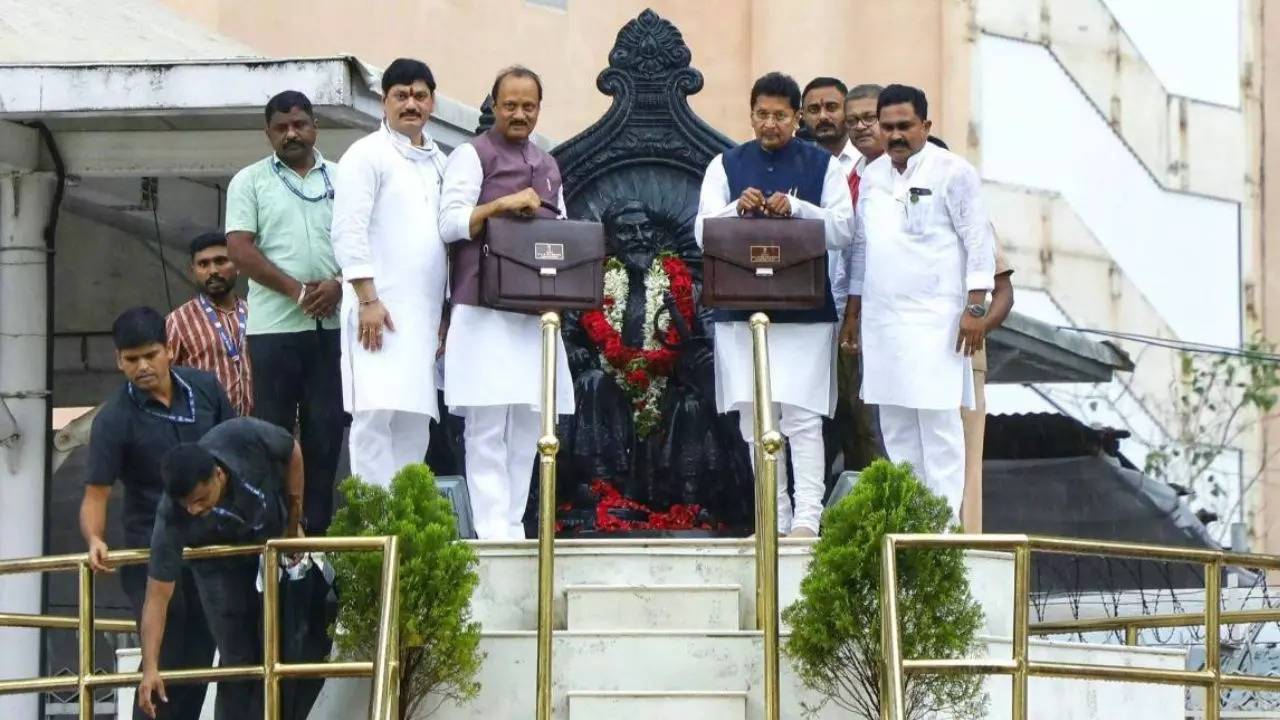
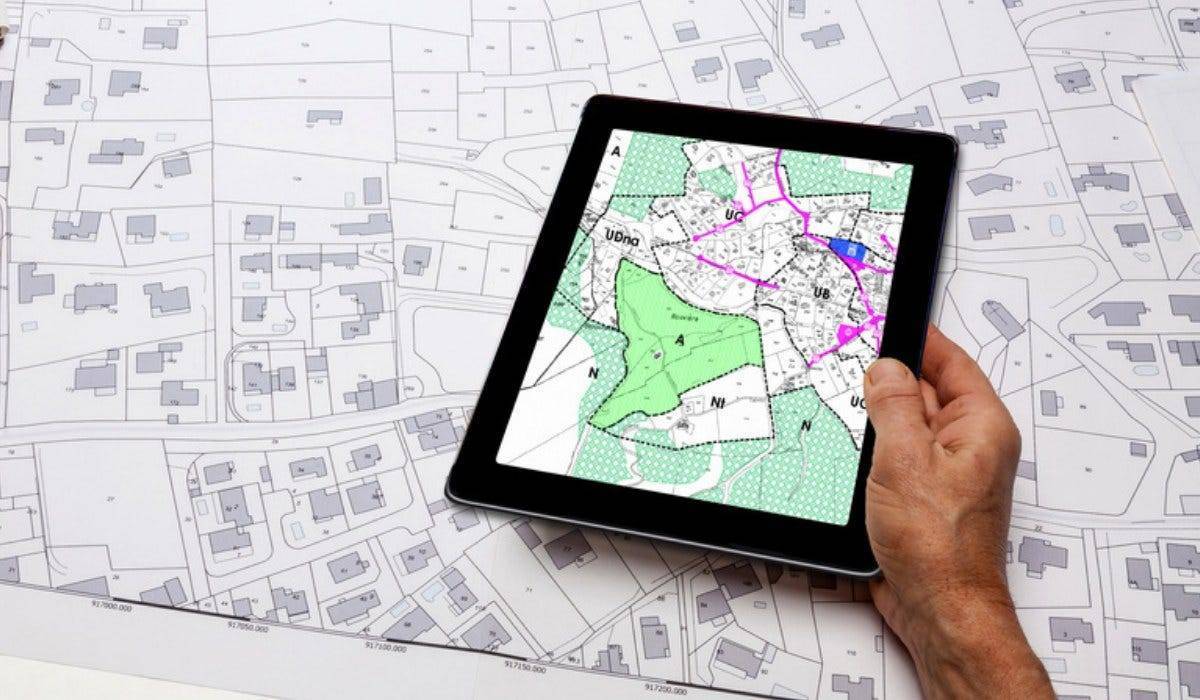
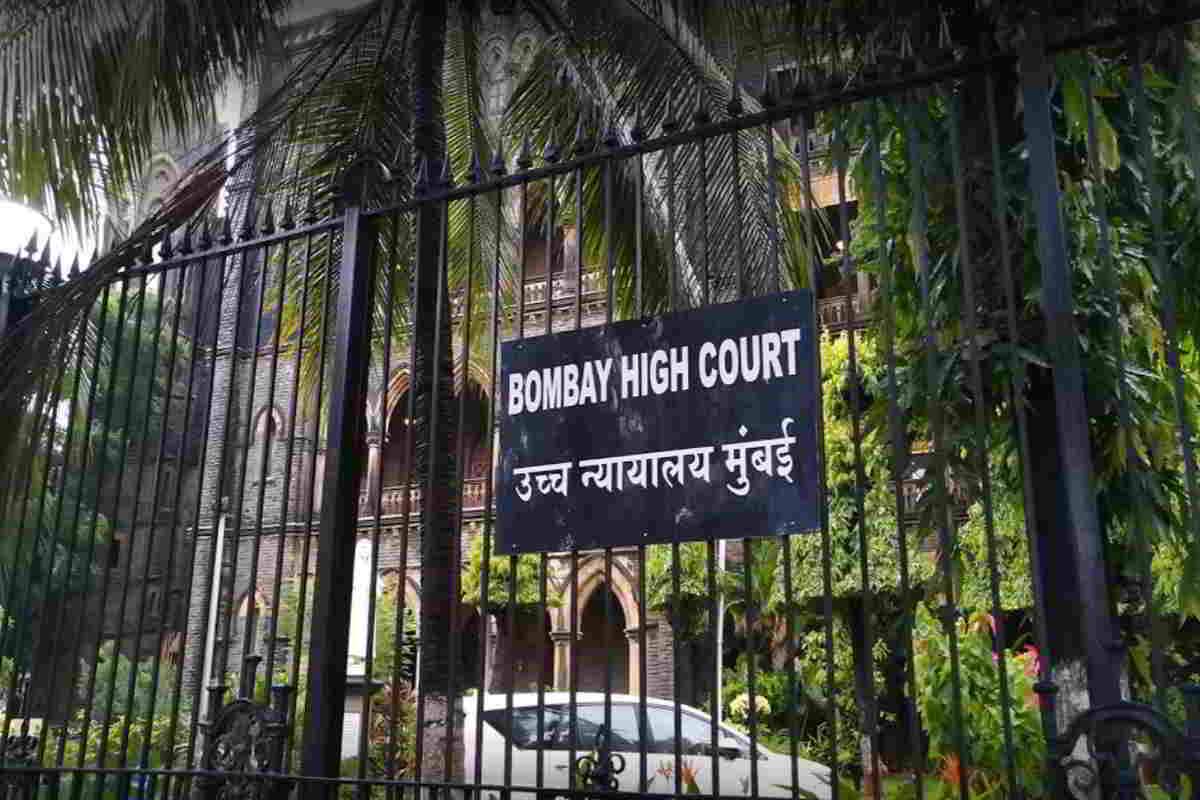
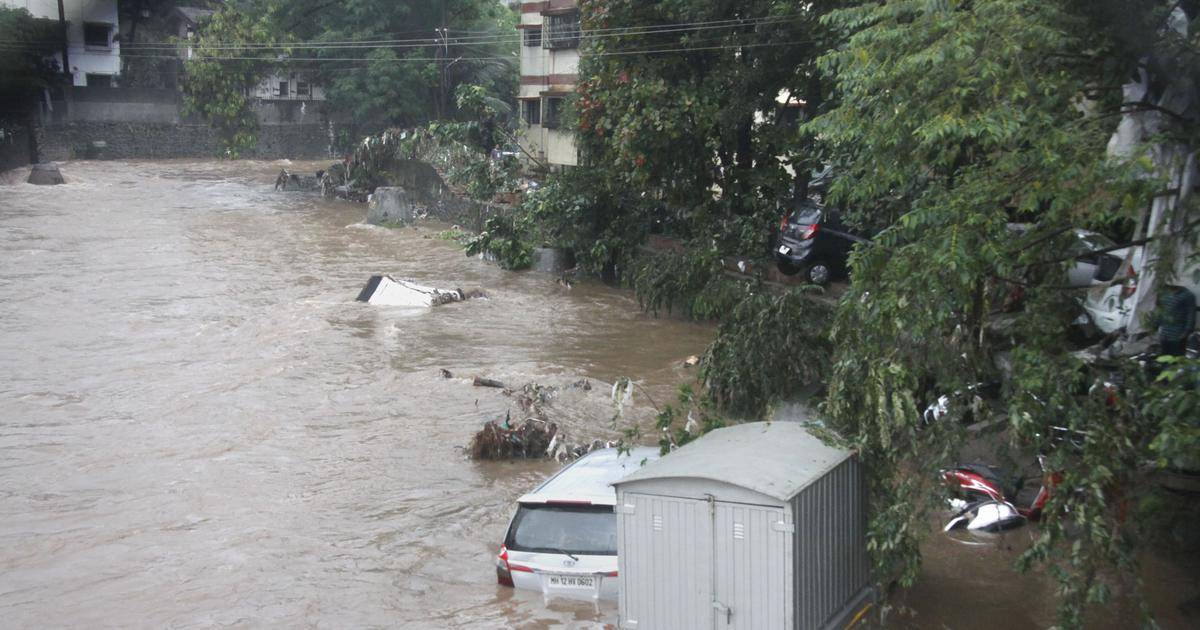
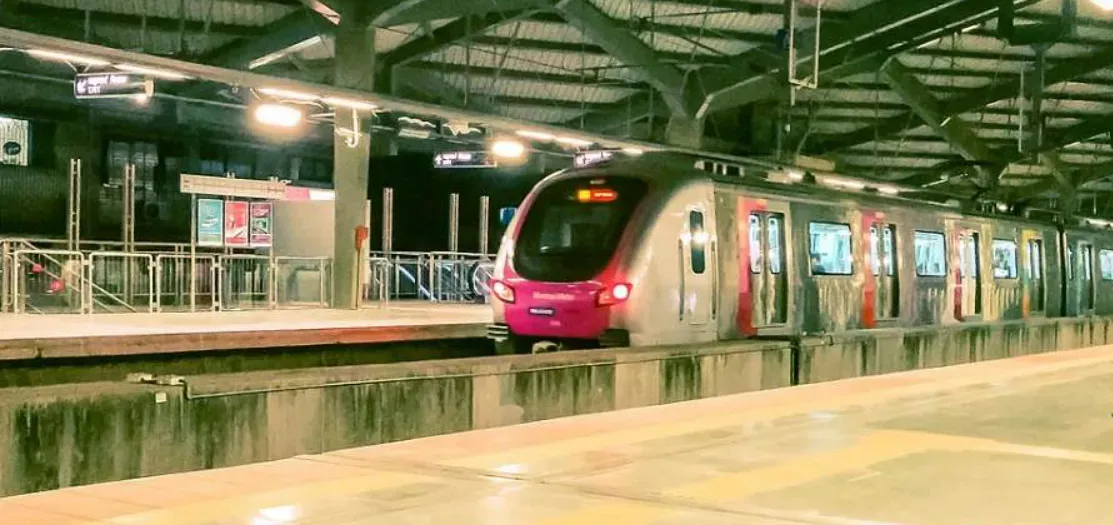



.png)